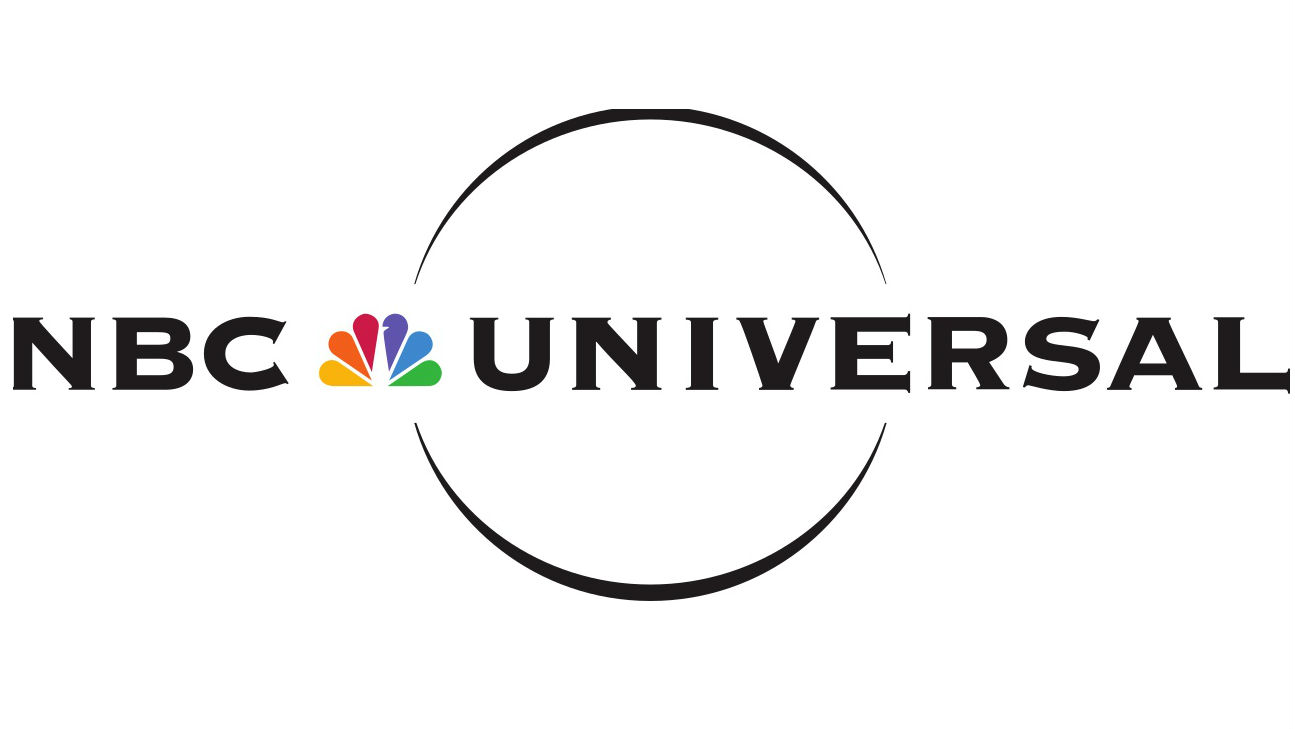NBCU Shifts to In-House Ad Optimization Capability

The smarter way to stay on top of broadcasting and cable industry. Sign up below
You are now subscribed
Your newsletter sign-up was successful
NBCUniversal, investing tens of millions of dollars to support its data-driven advertising capabilities, has moved its optimization systems in-house instead of relying on outside vendors.

The moves come even as NBCU prepares to eliminate jobs in its ad sales group, a move described as rightsizing the business and freeing resources for faster growing area like advanced advertising.
One of the leaders in offering more targeted TV advertising, NBCU says the optimizers its internal engineering staff has built are more accurate and can turn around campaigns faster than the technology it previously licensed.
“We’re building technology based assets in our advertising business to basically make the planning and buying and measurement of television or premium video inventory more intelligent and more effective,” said Krishan Bhatia, executive VP, business operations and strategy, for NBCU Advertising Sales.

“In order to transform our business we have decided not to wait for anyone, any third party, to come along and provide us with technology or strategies or capabilities,” said Bhatia, who heads NBCU’s advanced advertising efforts. “For the most important levers, we’ve taken that into our own hands.”
The first two products NBCU has built internally are an audience graph and an optimizer. The were built by the company’s 30-person engineering team.
The audience graph tell who is watching NBCU properties, what they’re watching, when they’re watching and, increasingly why, Bhatia said. NBCU combines that viewing day with advertiser and third party data to more intelligently provide access to those audiences in a more targeted way to its advertising clients.
The smarter way to stay on top of broadcasting and cable industry. Sign up below
NBCU, which alone generates more than $10 billion a year in ad sales, will also be providing an audience graph to Open AP, the targeted advertising consortium formed by Fox, Viacom and Turner last year. NBCU joined Open AP in April.
“We believe ultimately there has to be an industry audience graph for the premium programmers,” Bhatia said.
NBCU has also built its own optimizer. Denise Colella, senior VP for advanced advertising products and strategy at NBCU Ad Sales, said the new optimizer costs less than the one NBCU had been licensing from TiVo, turns around campaigns faster, and generates more reach and a higher concentration of viewers in the audience target.
The optimizer will be used for four main tasks, Denise Colella said.
First it will be used to optimize ads running on NBCU linear networks. It will also be used to optimize campaigns across the entire NBCU portfolio, including cross platform and digital properties. To do that it is uniquely able to utilize data from NBCU’s parent company Comcast, as well as from Nielsen, Vizio and FourthWall Media.
The optimizer will be used by NBCU’s promotion teams to find the best ways to attract viewers to NBCU’s programs using the company’s own commercial inventory.
The fourth use is to optimize advertising based on the context of the programming it is running in. That means matching an ad message to what’s happening in individual scenes within episodes. NBCU plans to take its contextual strategy to the marketplace soon, Colella said.
Bhatia said that NBCU has been investing tens of millions of dollars a year in technology for its advertising sales business.
At first the investment was designed to bring together the company’s television and digital portfolio.
“We’re increasingly pivoting that capital investment into areas of data and automation and measurement,” he said.
The investment will speed up the transformation of the television business.
“There is no off-the-shelf solution,” he said. “There are still components that we will rent from others, but for the critical things that we believe accelerate the marketplace toward a more sophisticated way of planning and buying media with multiple currencies, with multiple audience definitions . . . we have to deliver on that ourselves.”
Bhatia wouldn’t rule out licensing NBCU’s optimizer to there media companies.
Using its own in-house team to build an optimizer and maintain it is more cost efficient than licensing one, Bhatia said.
Colella said the new optimizer also performs better.
“What we’ve seen is there’s far more accuracy in our algorithms,” she said.
Normally when NBCU optimizes a campaign it does 10 to 12 revisions of a media plan, going back and forth with the client each time. The new optimizer cuts that down to between one and three revisions.
“That is a huge time savings when you think about the optimization typically taking a couple of days to go back and forth with each revision. Now we can do it virtually overnight,” Colella said.
The new optimizer also has a better understanding of NBCU’s programming and its audiences.
“We typically see between four and six new networks on a plan, so that’s an incredible feature because we’re finding networks or programs that people wouldn’t think of advertising on but we’re finding there’s audience there,” she said.
“In the current quarter we’ve seen north of 20% in terms of the increase in reach and concentration, so we’re definitely seeing much greater results than we have in the past,” she said.
Jon has been business editor of Broadcasting+Cable since 2010. He focuses on revenue-generating activities, including advertising and distribution, as well as executive intrigue and merger and acquisition activity. Just about any story is fair game, if a dollar sign can make its way into the article. Before B+C, Jon covered the industry for TVWeek, Cable World, Electronic Media, Advertising Age and The New York Post. A native New Yorker, Jon is hiding in plain sight in the suburbs of Chicago.

